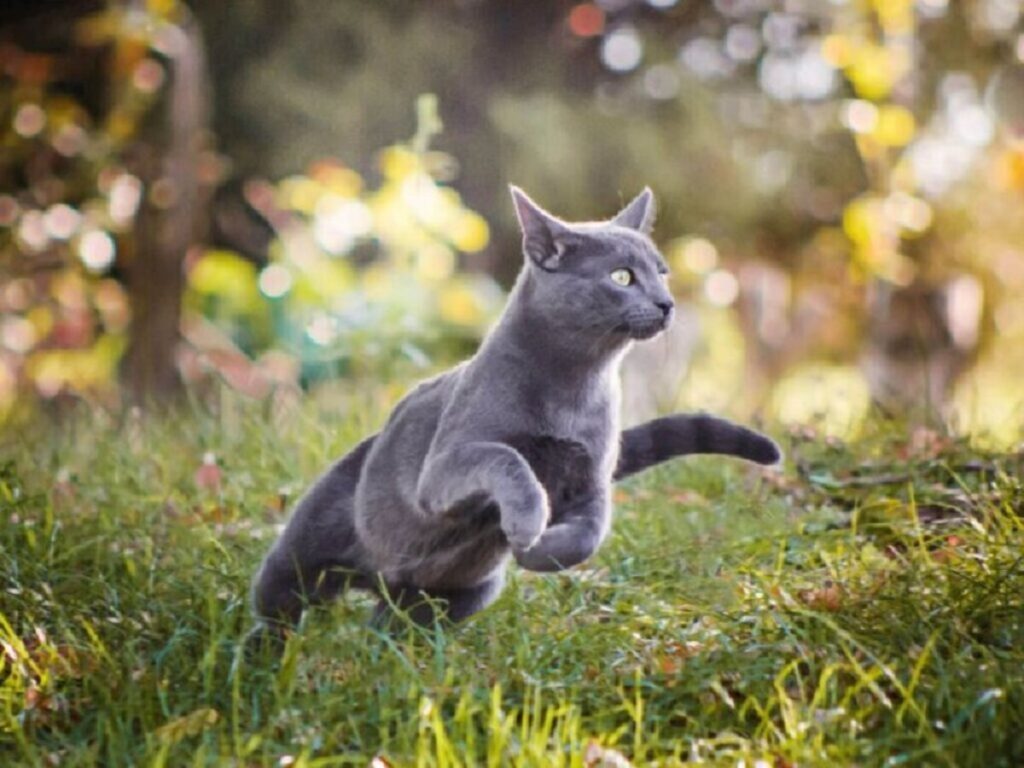Have you ever experienced the panic of your cat slipping out the door and not returning for hours or even days? The worry of whether they’ll come back can be overwhelming. While it may feel like your feline friend is intentionally ignoring you, know this: cats don’t leave out of spite. There are various reasons behind their spontaneous adventures, and understanding these can help you reduce future disappearances.
Fear May Drive Them Away
Cats, despite their reputation for independence, are highly sensitive to their surroundings. Dr. Manel Manzano, a veterinarian, emphasizes that fear can be a significant factor prompting cats to leave home. They are inherently cautious, and any change—such as introducing a new pet or loud disturbances—can incite a desire to find a safer refuge.
For instance, I had a cat who began to run off after we relocated to a new apartment. Upon further investigation, I discovered that the construction noise from the neighboring building was frightening her. Once we made our living environment quieter, she stopped her escapades.
Seasonal Estrus Considerations
If your cat hasn’t been spayed or neutered, keep a close watch during certain seasons. Cats in heat are driven by instinct to seek a mate, which can lead to temporary escapes. Dr. Manzano advises vigilant monitoring during these times and ensuring that doors and windows remain securely closed to avoid accidental departures.
Numerous cat owners have stories of their pets vanishing for days during their heat cycles, only to return tired and disheveled—proof their primal instincts took over in search of companionship.
Territorial Nature
Cats are territorial by nature. When moving, they may attempt to return to their previous home, especially if they felt comfortable there. Their attachment to a space is often marked by scent, making them inclined to try finding their way back to familiar territory—even if it means embarking on an adventure.
A friend had a cat so attached to their old home that it repeatedly attempted to return after the move, wandering the neighborhood and heading directly to their previous residence. It’s a clear indication of how significant territory is for our feline companions.

Adjustment Issues
Cats may feel unsettled after a move, and it can take a while for them to acclimate to a new environment. During this adjustment phase, the unfamiliarity may prompt them to escape in search of comfort elsewhere. Luckily, this usually resolves as they become accustomed to their new surroundings.
I encountered this when I adopted a rescue cat who was quite timid. Upon moving her into my apartment, she bolted out the moment the door opened. However, after a few weeks of exploration and creating a safe space for her, she eventually settled in and stopped trying to escape. The key was exercising patience during her transition.
Disruption of Comfort
Cats thrive on routine, and any disruption to their comfort can lead them to seek solace elsewhere. A simple change, like shifting their favorite sleeping spot or altering the position of their bed, can make them feel uneasy. When their comfort is compromised, they may venture out to find something familiar.
Once, I rearranged my living room, and my cat began to avoid the newly created spots. Upon returning his bed to its original location, he quickly settled back in, visibly happier. This experience reinforced how sensitive cats can be to alterations in their environment.
Unmet Basic Needs
Sometimes, the most straightforward issues can lead your cat to leave home. Cats are routine-oriented, and if their basic needs—like a dirty litter box or excessive noise—aren’t being met, they might choose to escape. Maintaining a clean, quiet, and stable environment is essential for your cat’s happiness and sense of security.
I’ve seen a friend’s cat bolt when the litter box was neglected. Once it was cleaned, the cat returned, visibly relieved. This serves as a vital reminder to attend to your pet’s basic needs; they can be more sensitive to changes than we might think.







